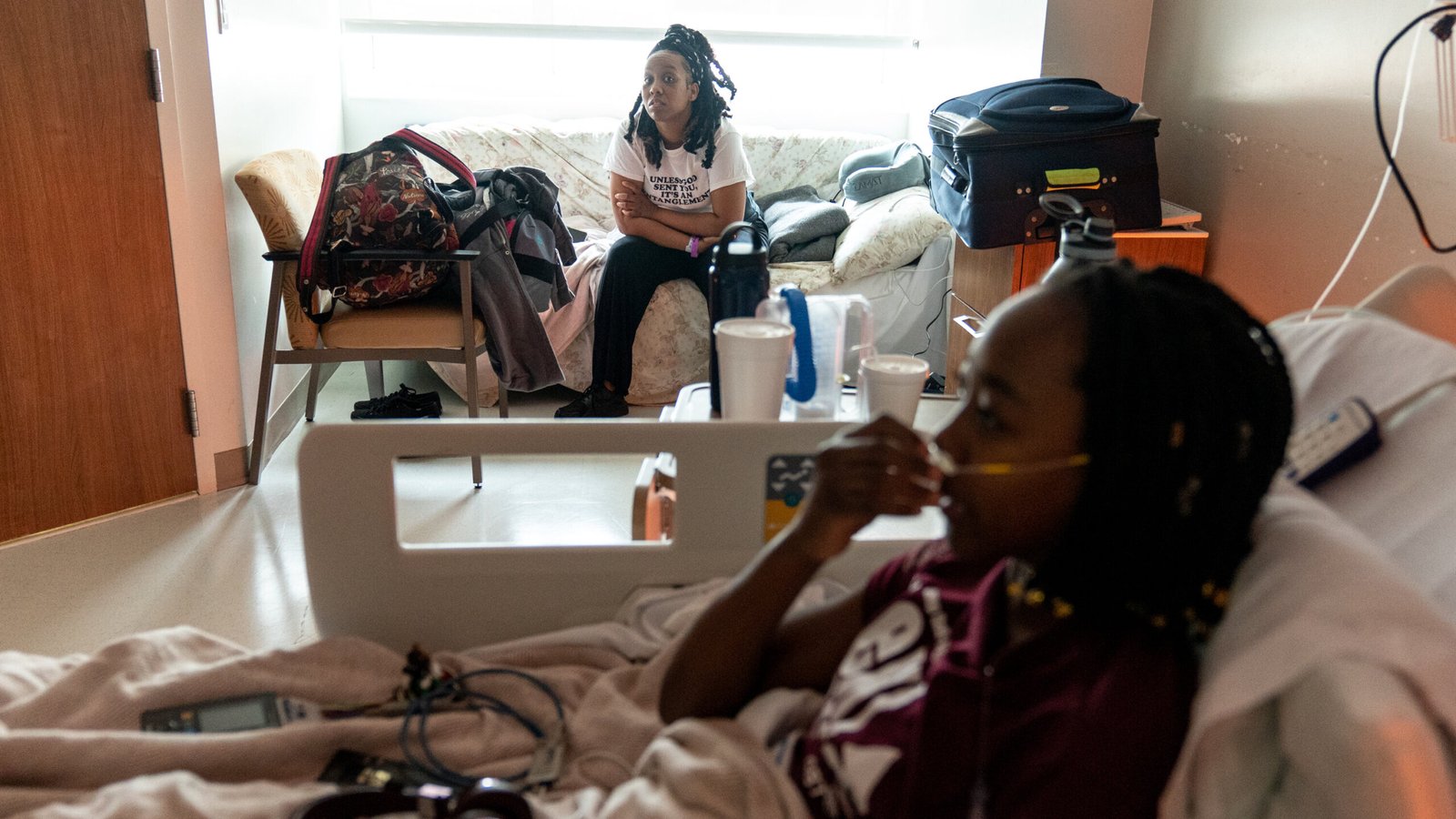The first-ever Medication Safety Conference, organized by Al-Khidmat Pharmacy Services in Karachi, brought together health experts, pharmacists, and leaders in the pharmaceutical industry to address the critical issue of medication safety in Pakistan. The conference shed light on the alarming consequences of pharmacies operating without qualified pharmacists and the widespread misuse of medicines.
A Nationwide Problem of Drug Misuse
Asim Rauf, Chief Executive Officer of the Drug Regulatory Authority of Pakistan (DRAP), highlighted the global nature of drug misuse during his keynote address. However, he emphasized that the extent of the issue in Pakistan remains largely undocumented due to inadequate reporting mechanisms.
“Drug misuse is a global concern, but in Pakistan, the true scale of its harm remains unknown,” Rauf stated. He noted that doctors in the country lack specialized training to combat this issue, while pharmacists are better equipped to mitigate risks associated with medication errors.
Rauf underscored the importance of ensuring that every hospital and pharmacy operates under the supervision of a qualified pharmacist. He reaffirmed DRAP’s commitment to promoting the safe use of medicines in alignment with World Health Organization (WHO) recommendations.
Pharmacovigilance: Strengthening Safety Measures
One of the key points discussed during the conference was the urgent need for a robust pharmacovigilance system. Rauf urged medical professionals to actively report adverse drug reactions and other medication-related problems. This data, he argued, would be instrumental in strengthening the pharmacovigilance system and preventing fatalities resulting from medication misuse.
“Identifying and reporting adverse reactions is essential to building a safer healthcare system,” he stated.
The Crisis in Pakistani Pharmacies
Syed Jamshed Ahmed, Director of Al-Khidmat Pharmacy Services, provided a sobering assessment of the state of pharmacies in Pakistan. He revealed that of the 60,000 pharmacies nationwide, only 3,000 are managed by qualified pharmacists.
“The remaining 95% of pharmacies are operated by untrained staff who function like grocery store clerks, often dispensing incorrect or harmful medications,” Ahmed said. He warned that this lack of professionalism poses severe risks to public health, often resulting in fatal outcomes.
Ahmed further criticized the leniency in regulations that allow untrained personnel to manage pharmacies, calling it a public health crisis. He demanded that running a pharmacy without a pharmacist be made a punishable offense under the law.
Pharmacists as Pillars of Medication Safety
Throughout the conference, experts emphasized the indispensable role of pharmacists in ensuring medication safety. Unlike untrained staff, pharmacists are equipped with the knowledge to guide patients on proper medication use, monitor drug interactions, and address adverse reactions.
Pharmacists are the backbone of medication safety, one expert noted. “Without them, we are leaving patients vulnerable to unnecessary risks.
WHO Recommendations and the Path Forward
The conference concluded with a strong consensus on the need to implement WHO’s guidelines for medication safety in Pakistan. These recommendations include:
- Mandatory Presence of Pharmacists: Legally requiring all pharmacies to have a qualified pharmacist on staff.
- Training Programs for Doctors: Providing doctors with specialized training on prescribing practices to prevent medication misuse.
- Public Awareness Campaigns: Educating the public on the dangers of self-medication and the importance of consulting trained professionals.
- Strengthening Reporting Mechanisms: Encouraging healthcare professionals to report medication-related issues to build a comprehensive pharmacovigilance database.
Bridging the Gap
The conference highlighted a pressing need for collaboration between regulatory authorities, healthcare providers, and the pharmaceutical industry to bridge the gap in medication safety. By ensuring the presence of trained pharmacists and enhancing public awareness, Pakistan can make significant strides toward reducing the risks associated with medication misuse.
A Call to Action
Asim Rauf and Syed Jamshed Ahmed’s calls for reform serve as a wake-up call for the healthcare system in Pakistan. Addressing the current gaps in pharmacy management and medication safety is not only a regulatory necessity but also a moral imperative to safeguard public health.
By prioritizing pharmacist-led pharmacies and adopting WHO guidelines, Pakistan has the potential to drastically improve its healthcare outcomes and set a precedent for medication safety in the region.
This landmark conference marks the beginning of a crucial conversation—one that underscores the need for immediate and meaningful action to protect lives and ensure safer healthcare practices across the country.



